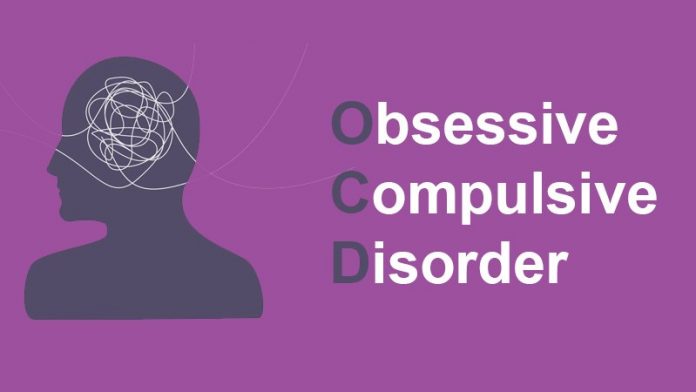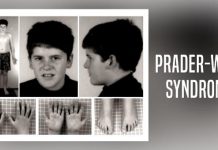Anyone who has seen the Jack Nicholson film As Good as it Gets will know how debilitating this disorder can be. Locking and unlocking a door multiple times, the washing of hands with just one bar of soap at a time and avoiding cracks in the sidewalk were some of the noticeable traits exhibited by Jack Nicholson’s character in the movie.

Obsessive compulsive disorder usually centres on a specific theme, like the fear of contamination by germs. The more somebody tries to ignore it, the worse it gets and it leads to a vicious cycle of ritualistic behaviour.
This article will go into greater detail about the symptoms, causes and ways to treat this disorder.
Understanding OCD
OCD occurs when worries turn into obsessions, which in turn leads to compulsive patterns of behaviour that can severely disrupt a person’s life.
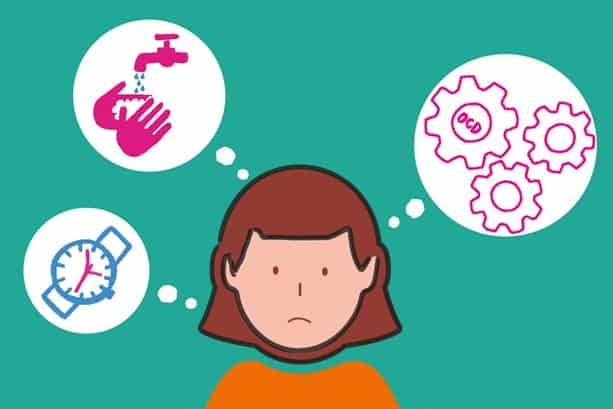
The symptoms can get worse in stressful situations.
Most people who have this disorder can be categorized in the following ways:
- The washers will spend many hours each day cleaning, scrubbing, scouring, dusting, polishing and mopping their homes and personal belongings.

- The hoarders will accumulate all kinds of junk they don’t need, like old newspapers or magazines. Although this might seem amusing, it’s no joke. The more useless items somebody collects the greater the risk that the person can be buried under a huge pile of rubbish.

- The checkers will go back and see if they have turned off the television numerous times.

- The counters will have fears about specific colours or numbers and will, for example, turn cans of soup or bottles of beer so that all of the labels will face in the same direction.

Signs and Symptoms of OCD
OCD sufferers are more likely to develop facial and vocal tics, Tourette syndrome or chronic hair pulling. Depression, panic attacks and eating disorders such as anorexia/bulimia will accompany OCD. Some may turn into hypochondriacs, and barricade themselves in their homes to avoid catching any diseases.
What Causes OCD?
One possible biological explanation points to low levels of serotonin in the brain. This vital neurotransmitter can be considered a “feel good” hormone, as it regulates a person’s mood and overall well being. Other factors contributing to the onset of OCD might include the following:
- Traumatic life events like sexual abuse, which will lead to a fear of men/and or women – and contamination.
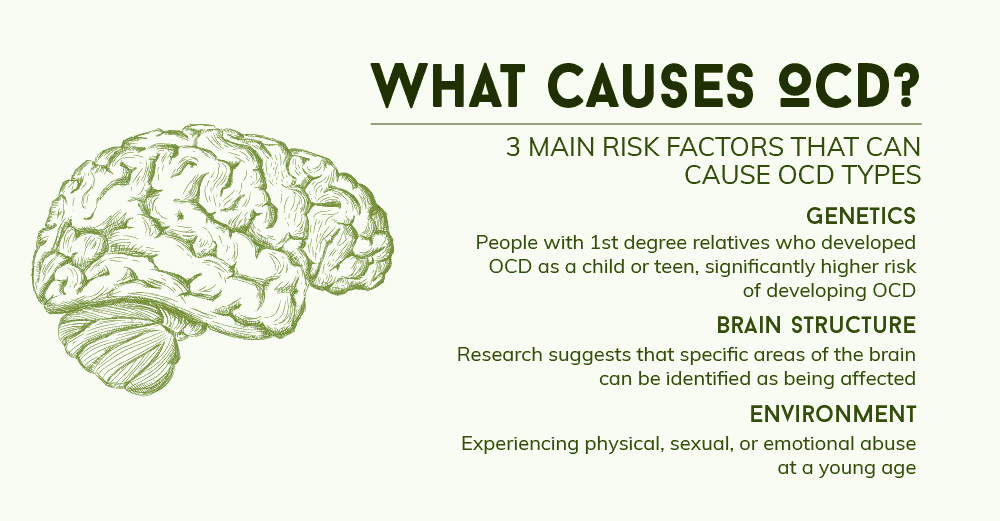
- It could run in families. If both parents have shown similar types of anxiety, they may convince the boy/girl that the world is a dangerous place – thus reinforcing ritualistic patterns.
- Perfectionism or the need to have things just so, may lead to OCD.
- What Is Aromatherapy Vs. What Are Essential Oils?
- What is La Tomatina in Bunol, Spain Like? What to Expect at the Famous Tomato Throwing Festival
What Treatments Are Available?
Antidepressants such as Prozac, Zoloft, Cipralex and Lustral can help to elevate serotonin levels.
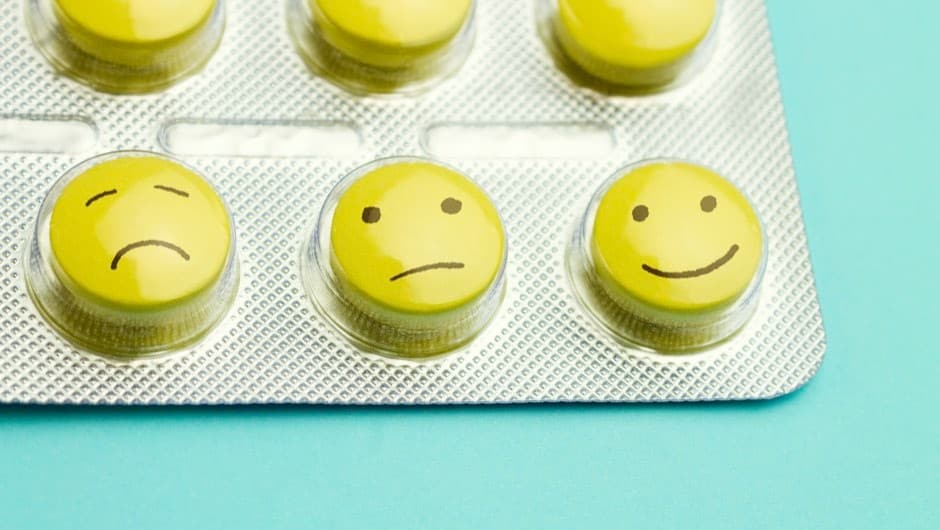
Potential side effects include nausea, headaches and gastrointestinal discomfort. Counseling in conjunction with medication can be quite useful. There is also cognitive behaviour therapy, which has been shown to be especially helpful.
Coping Strategies
- Learn as much as possible about OCD. The more information you have about the problem, the better.
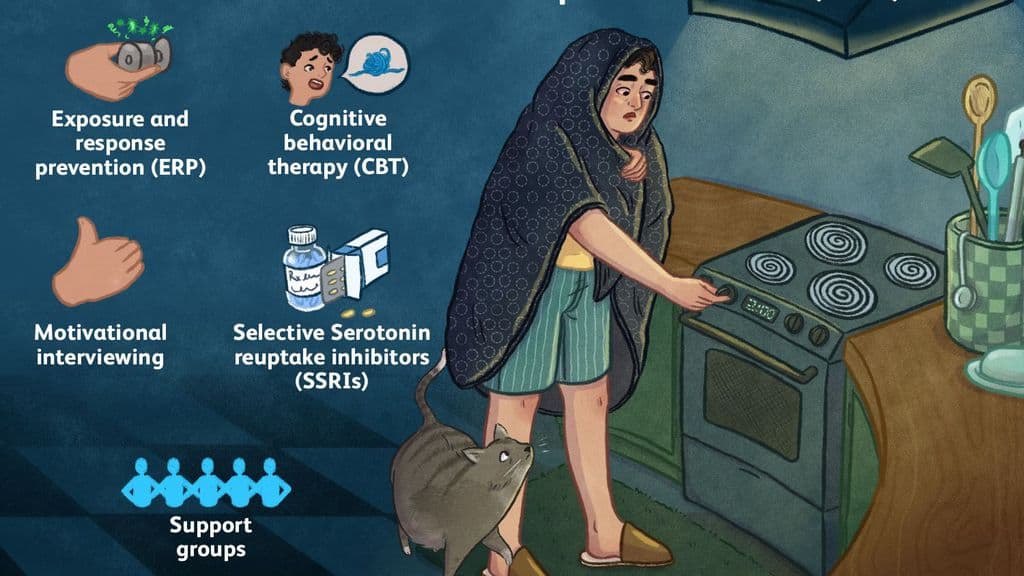
- There are no quick fixes. Recovering from OCD can take a considerable amount of time, so stay focused on that goal.
- Learn how to handle stress, and how to manage daily activities.


